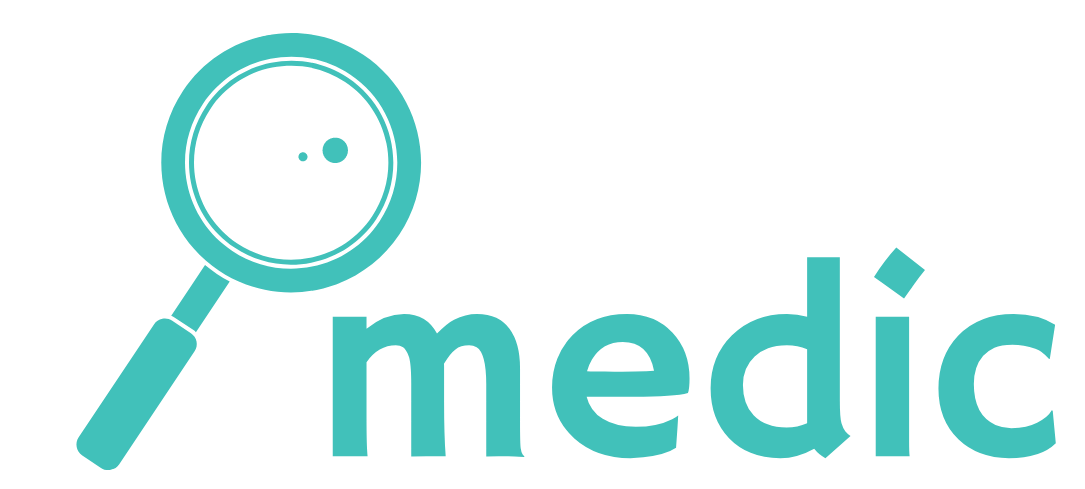Conflict Management Skill-Building
A successful organisation is a learning organisation. Conflict management training enhances an organisation’s ability to deal with and learn from conflict.
Depending on identified organisational needs, I offer training on several interconnected topics relevant to organisational conflict management:
General introduction to conflict dynamics and intervention strategies, to develop foundational knowledge and skills for dealing constructively with conflictual situations.
Conflict management training for leaders, designed to support leaders in their efforts to lead inclusive, psychologically safe teams, and enhance the critical skills needed to build solid, one-to-one relationships with direct reports as well as up the chain-of-command.
Communication in conflict settings, focusing in-depth constructive disagreement, communication roadblocks and strategies to overcome them, perceptions and the psychological dynamics of conflict, active listening.
Other connected topics such as psychological safety at work, tackling unconscious bias, conflict-free feedback strategies etc.
Visit the Workshops page for a detailed overview of available workshops.
Delivered either online or in-person, these workshops may vary in length from half-day to two-day agendas, covering a variety of tools and practices designed to support individuals and teams in engaging more effectively and confidently with conflictual situations. They can be open for participation to anyone interested in better understanding conflict, its dynamics, and useful tools for addressing day-to-day conflicts or they can be closed workshops, tailored for specific groups, on demand.
In general, these workshops aim to enrich participants in the following three development areas linked to conflict management:
Knowledge: Understanding key concepts such as definitions; types of conflict; destructive vs. constructive conflict; conflict stages and escalation dynamics; differences between needs, positions, and interests; conflict styles etc.
Skills: Communication skills; active listening skills; creative problem solving; giving and receiving feedback constructively etc.
Attitudes: A more challenging, but crucial aspect to developing and employing more constructive conflict responses, the shift in attitudes I hope to trigger through my workshops includes participants believing that collaborative conflict transformation is worth the effort. Participants would leave the workshop with an appreciation for conflict as a potential source of learning and growth, an awareness of their own shortcomings when it comes to conflict responses and a willingness to engage with conflict from a space of empathy, curiosity, and understanding.
Get in touch to inquire about a customised workshop or in upcoming open-participation workshops.
